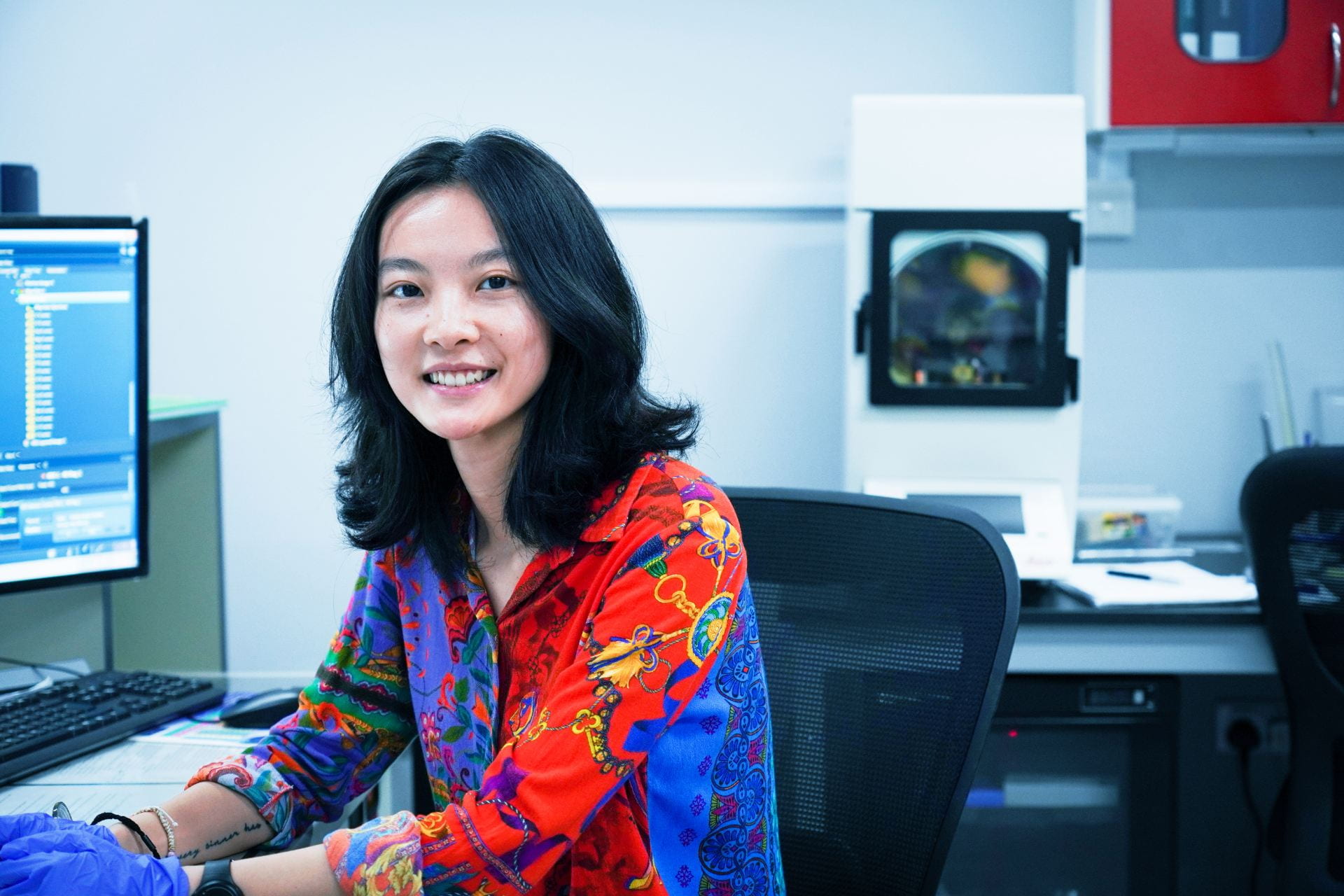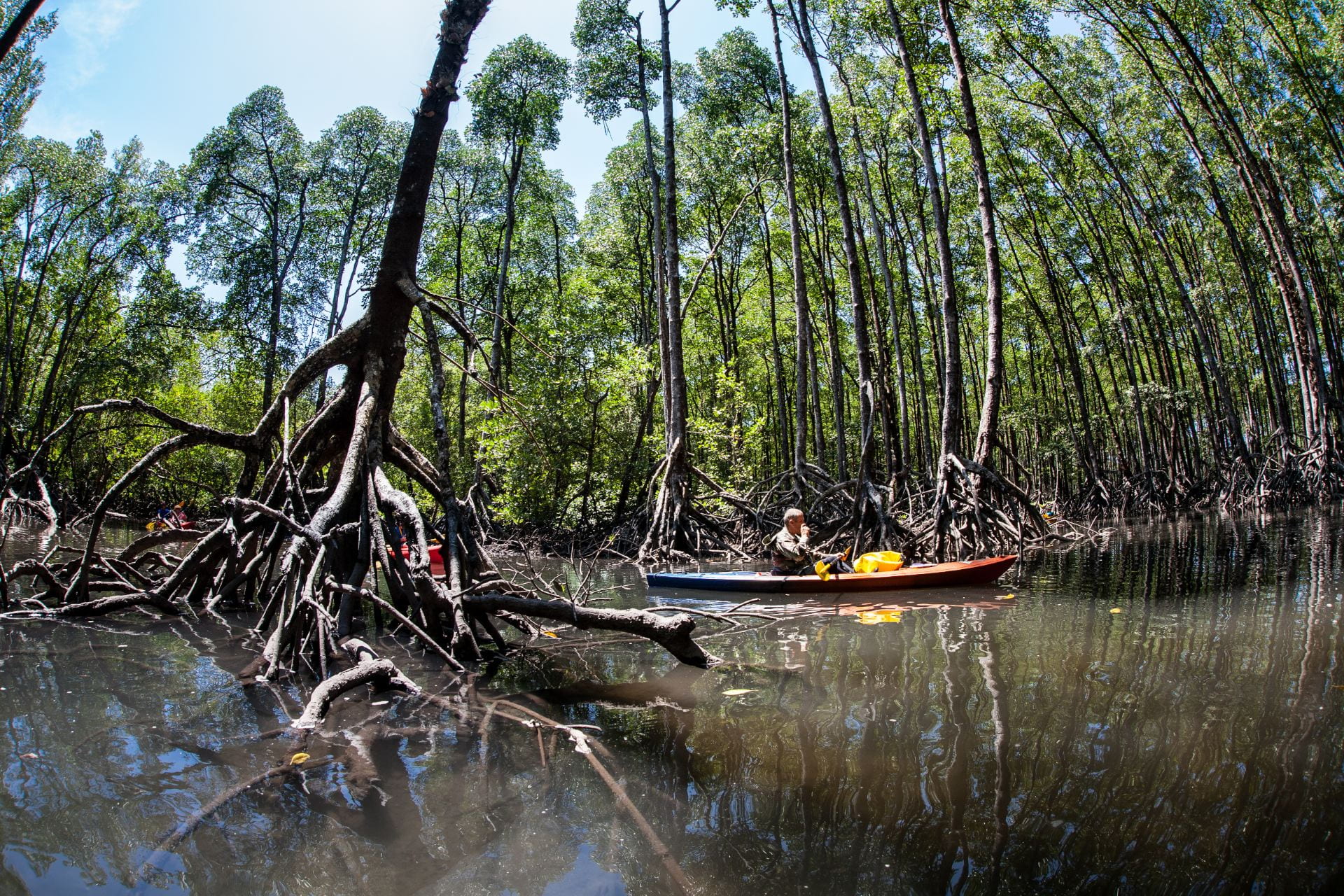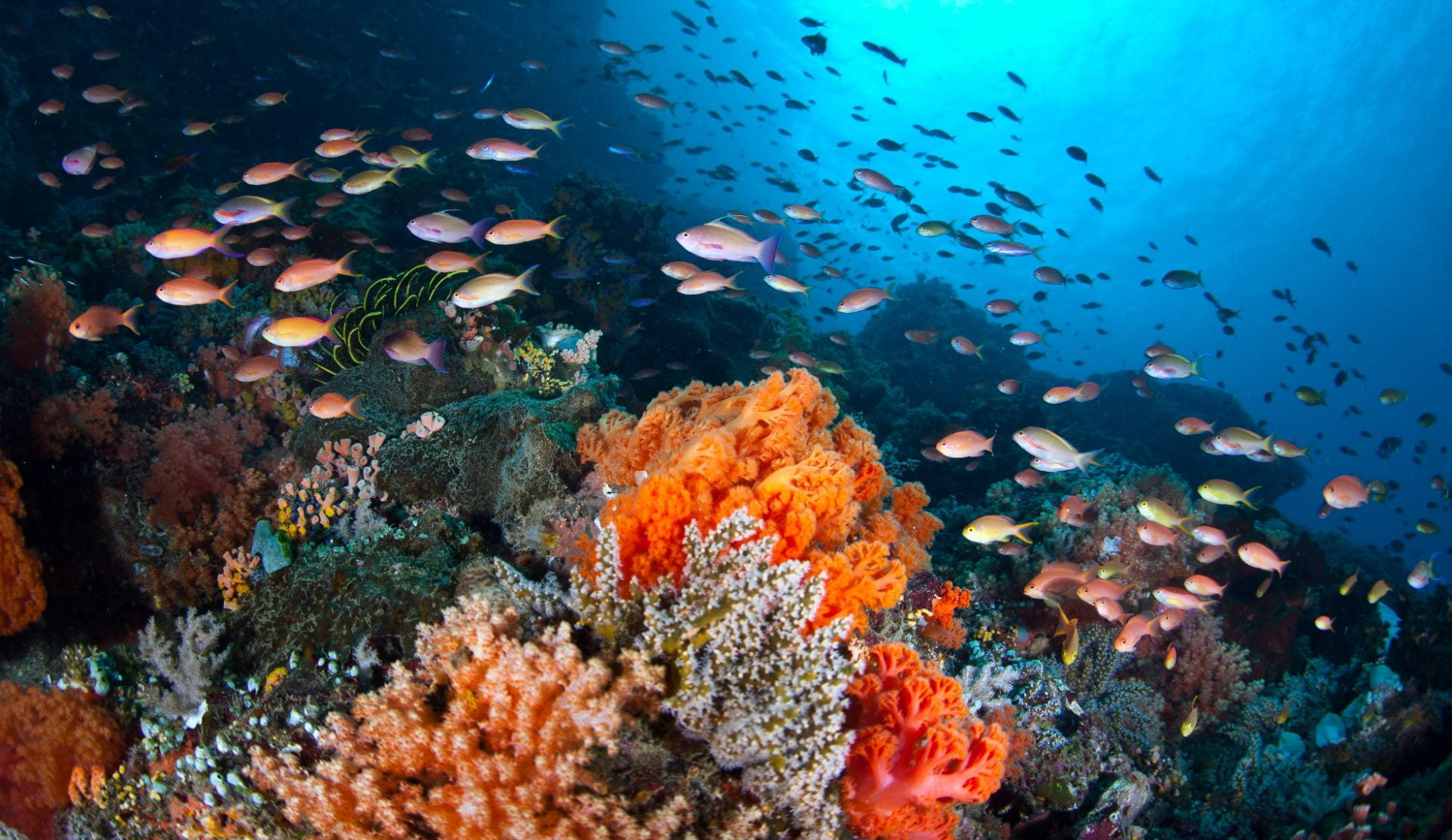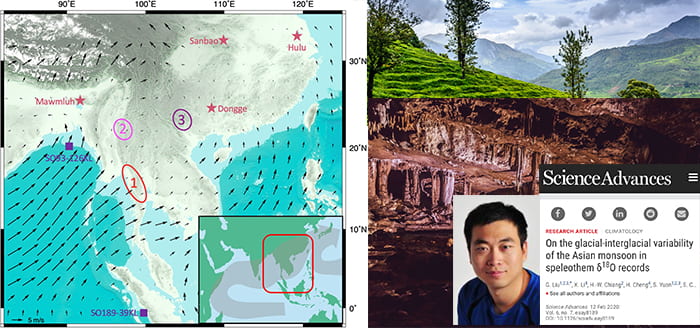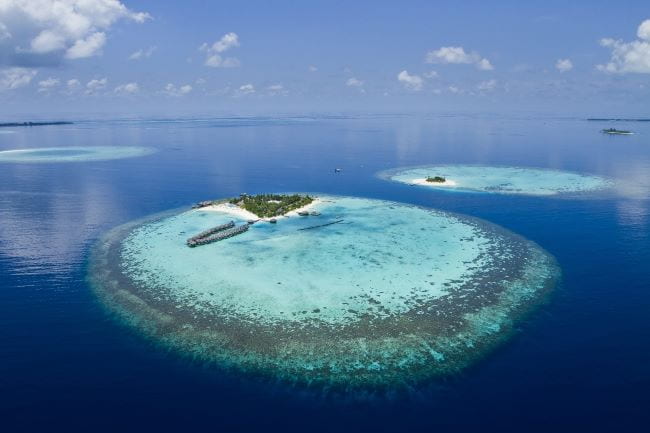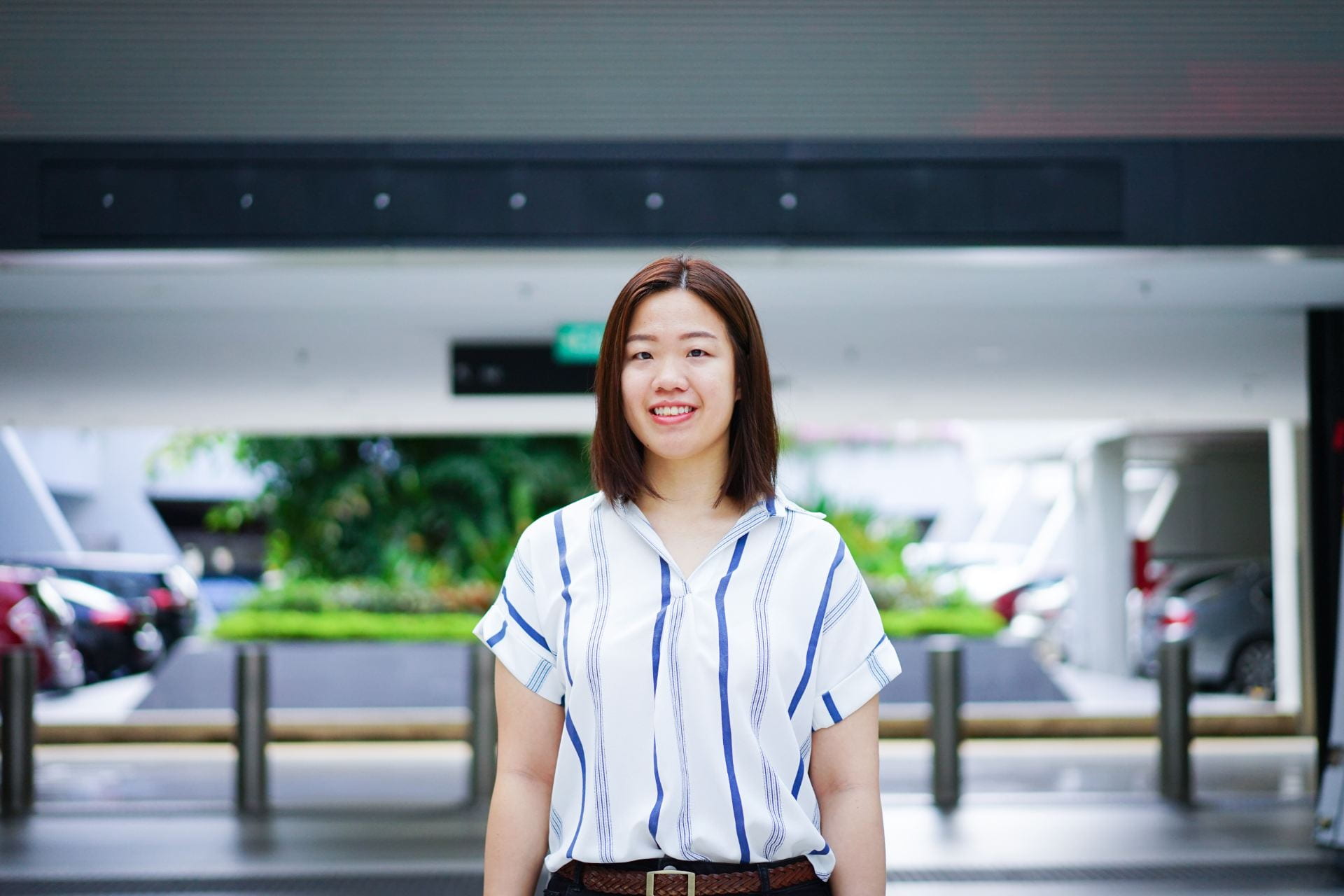They PhDid it: Every year in CoS, dozens of PhD students defend their thesis and earn their doctorate, the highest university degree. In this series, we catch up with some new doctors to find out about their experience of doing a PhD in CoS, what made them embark on the intense four year journey and what plans they have for the future. First up is volcano researcher Dr Weiran (Alex) Li from the Earth Observatory of Singapore (EOS).
Accelerating Sea Level Rise Could Drown Mangroves 30 years From Now Unless Carbon Emissions are Cut
A recent publication in Science, co-authored by ASE chair/EOS PI Prof Benjamin Horton, shows that vast areas of mangroves are under threat from sea level rise, which may cause the mangroves to drown by 2050 unless we curb climate change by cutting carbon emissions. The study surveyed 78 sites in the tropics and subtropics around the globe, using paleorecords of mangrove growth and sea level rise to predict the future of these ecologically and economically important ecosystems.
New Opinion Piece by Profs Horton and Horton in Today Online: Can we pass the green test post Covid-19?
Could the pandemic offer an opportunity for humankind to hit the reset button and address the environmental crisis and the climate emergency? This is what ASE Chair Prof Benjamin Horton and his father Peter Horton, Emeritus Professor at the Department of Molecular Biology and Biotechnology, University of Sheffield, suggest in an opinion piece in Today Online.
Tier 3 to ASE/EOS Prof Horton and Collaborators: Southeast Asia SEA-level Program – towards home-grown expertise on sea level science and policy
The SouthEast Asia SEA-level program, led by Prof Benjamin Horton, sets out to produce world class interdisciplinary sea-level science focused on Southeast Asia and framed to promote resilient coastal cities and communities in Singapore and the surrounding region. An important goal of the program is to train a home-grown scientific community that can respond to Singapore and Southeast Asia’s need for future sea-level projections and their interpretation, that is both the scientific basis and its translation into policy.
Volcanic Crystals Reveal Time Scale of Volcanic Plumbing System Processes
Time scales of volcanic processes leading up to a volcanic eruption is a key part of the puzzle to predict volcanic eruptions, and this is the special interest of ASE Assoc Prof and EOS Interim Director Fidel Costa. In a recent article in Nature Reviews Earth and Environment, he outlines the technique of diffusion chronometry, where volcanic crystals are used as time capsules that, for those who know how to read them, can reveal the time scale of underground magmatic processes of a volcano.
Key to Corals’ Bleaching Susceptibility Lies in their Diet
Climate change and warming oceans are major threats to coral reefs and can cause widespread coral bleaching. As coral scientists and conservationists work against the clock to restore and preserve coral reefs, new research has revealed some corals have a secret to help them tolerate climate change.
The importance of understanding climate change: CNA commentary by ASE Assoc Prof Adam Switzer
The year 2019 concluded a decade of consistently rising global temperatures, rapidly retreating ice sheets, and record sea levels – all driven by greenhouse gases produced for the most part by human activities.
Mystery of the Asian monsoon’s historic unresponsiveness to glaciation in East Asia set straight in new study from ASE/EOS
The Asian monsoon is the world’s largest weather system and affects the lives and livelihoods of about half the world’s population. Current human-induced climate change is affecting the Asian monsoon and causing it to change in various ways, with potentially huge socioeconomic consequences.
Tropical Indian Ocean sea level historically much more sensitive to climate change than the Pacific and Atlantic
The sea-level of the Indian Ocean is rising at a rate and magnitude nearly twice the global average, but insufficient data records have stood in the way of understanding this strong response to climate. In a study recently published in Nature Geoscience, ASE/EOS researchers Dr Kyle Morgan, Research Assistant Ke Lin, A/P Xianfeng Wang and Keven Roy together with colleagues from Canada, Australia and New Zealand tracked relative sea level change on coral atoll islands in the Maldives over the past two millennia.
Science Communication Writing Competition: Merit Prize winner Soon Kit Ying (ASE)
The inaugural CoS Science Communication Writing Competition was held from 11 Nov 2019 to 10 Jan 2020. We received many submissions, and a panel of judges consisting of faculty from CoS judged the entries and shortlisted the winners! First up, winner of the Merit Prize, Soon Kit Ying from the Asian School of the Environment! She wrote about “Reflecting on Our Sea Level – The Use of GNSS-Interferometric Reflectometry to Study Sea-level Trends.” Congratulations, Kit Ying!

